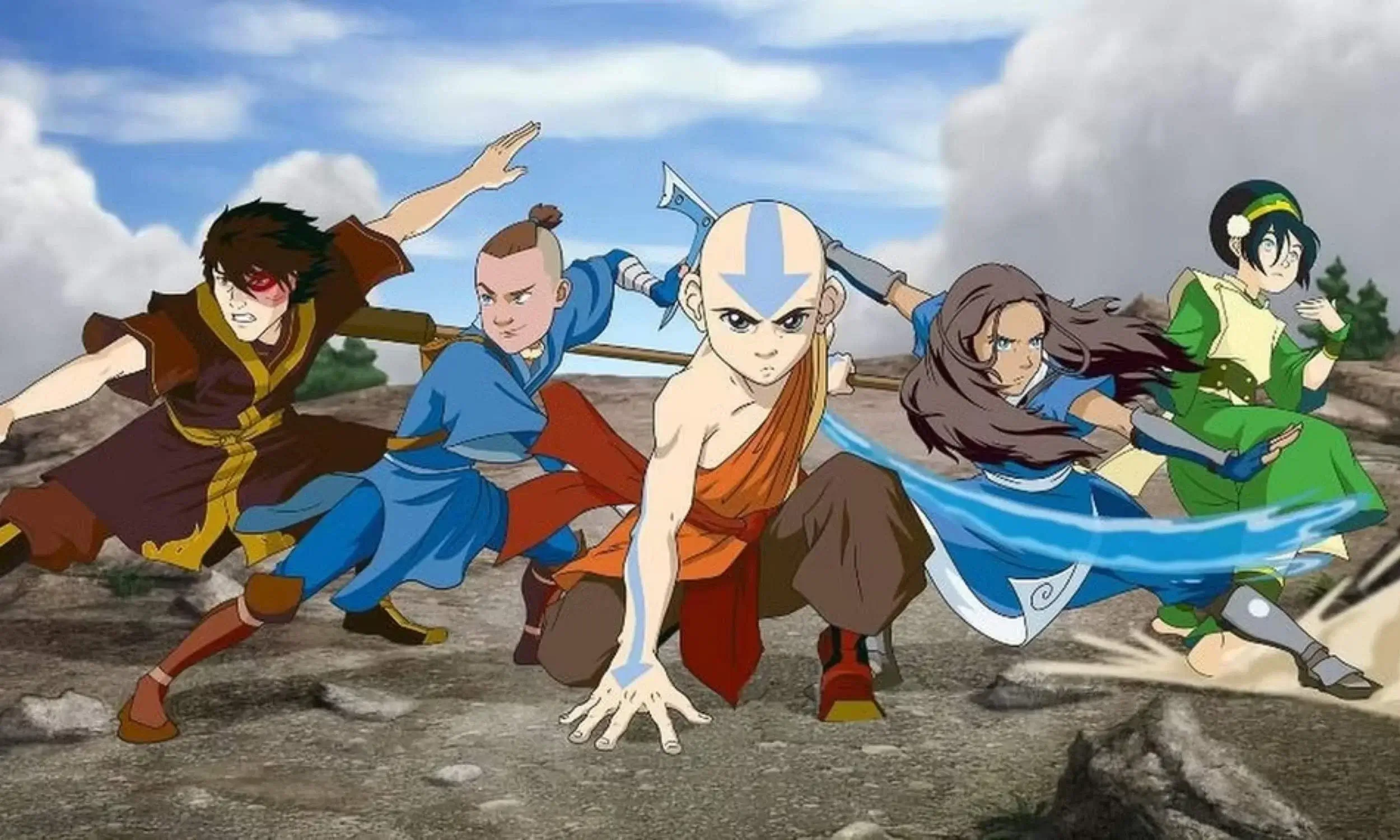Mental models are all the rage now. But they’re not always accurate, and may be in need of some cognitive updating. Cognitive updating unfolds as individuals navigate the intricate threads of their mental models. This exploration delves into three pivotal aspects—adaptation, the value of good evidence, and the consequences of failure to change—exemplified in iconic characters from literature and cinema.
Michael B. Jordan’s portrayal of John Clark in the film Without Remorse and Prince Zuko’s character arc in Avatar: The Last Airbender show how adaptation is crucial for survival, overcoming adversity, and individuation. Elizabeth Bennett’s transformation in Pride and Prejudice underscores the importance of good evidence, resonating with the principles of Bayes’ Theorem. The failures depicted in Bridge on the River Kwai reveal the high cost of resisting change, echoing the lessons of the Monty Hall Problem.
Adaptation and survival
In Without Remorse, Jordan plays John Clark, who fights through a hit squad, a prison, a plane crash, deception, and betrayal. His character exemplifies resilience and adaptability, recalibrating his understanding of a challenging situation. Clark, a Navy SEAL, faces a web of political intrigue that demands constant recalibration, embodying Darwin’s principle that adaptation is crucial for survival in a volatile world. The intricacies of military operations and political maneuvering add layers to Clark’s adaptive journey, showcasing the dynamic nature of survival instincts in high-stakes scenarios. Without Remorse is an exemplary portrayal of lateral thinking and cognitive updating in cinema.

Prince Zuko from the animated series Avatar: The Last Airbender adds another layer to exploring cognitive updating. Zuko’s character arc is a compelling journey of redemption and self-discovery. Initially driven by a rigid pursuit of honor and the desire to capture the Avatar to restore his standing in the Fire Nation, Zuko undergoes a profound transformation. His adaptation becomes evident as he grapples with the complexities of morality, loyalty, and his own identity.
Zuko’s pivotal moment comes when he confronts the truth about his nation’s war and the consequences of his past actions. This realization forces him to recalibrate his values, challenging the deeply ingrained beliefs of his upbringing. Zuko’s journey exemplifies the theme of adaptability, showcasing that real growth requires the courage to question one’s convictions, embrace change, and navigate the challenging terrain of internal conflict. Zuko’s story is a testament to the transformative power of self-reflection and of facing brutal truths.
In Pride and Prejudice, Bennett provides a literary example of cognitive updating in social perceptions. Initially harboring biases against Mr. Darcy, her transformative shift occurs when presented with substantial evidence challenging her preconceptions. Bennett’s journey showcases the power of revising judgments, aligning with Bayes’ Theorem and emphasizing the value of good evidence in refining beliefs within the intricacies of 19th century English society. The societal norms and class distinctions of the Regency era contribute to Bennett’s biases, making her cognitive transformation a nuanced exploration of evidence-based decision-making in a complex social landscape.
Cost of failure to change
Bridge on the River Kwai unfolds as a cinematic portrayal of Colonel Nicholson’s rigid sense of duty leading to disastrous consequences. Stationed in a Japanese prison camp during World War II, his failure to adapt to shifting dynamics resulted in the construction of a bridge aiding the enemy. His single-minded focus illustrates the dangers of unwavering commitment to outdated beliefs, serving as a cautionary tale in cognitive updating amid war’s harsh realities. The war-torn setting, the clash of cultures, and the moral dilemma faced by Nicholson add layers to the exploration of the costs associated with resistance to change.
In the Monty Hall Problem, contestants pick randomly from three options and are given new information and the chance to change their selection. The format of the game is such that the mathematically rational thing to do is to choose a different option to win the prize. Most people hold firm to their random first pick rather than switching, which would increase their odds of winning by 33%. You’d miss out on a new car on Monty Hall’s game show, Let’s Make a Deal. In the WWII prison camp, Colonel Nicholson builds a bridge that empowers his captors to fight his own people better.

Evoking Darwin’s wisdom
As Charles Darwin famously noted, “It is not the strongest of the species that survive, nor the most intelligent, but the one most responsive to change.” This observation at the species and gene level may also apply to an individual organism in the form of successful cognitive updating. Each narrative’s additional layers of complexity contribute to a deeper understanding of how responsiveness to change shapes the characters’ destinies.
The ability to adapt, integrate new evidence, and embrace change is not only a survival strategy in fictional drama, but also a profound lesson for our own cognitive experience. In the face of uncertainty and shifting landscapes, fictional characters can help remind us that cognitive updating is an integral part of the human experience, shaping our understanding of ourselves and the world around us. These characters serve as both cautionary tales and sources of inspiration, urging us to be responsive to the changing infoset by changing our minds.
Every February, to help celebrate Darwin Day, the Science section of AIPT cranks up the critical thinking for SKEPTICISM MONTH! Skepticism is an approach to evaluating claims that emphasizes evidence and applies the tools of science. All month we’ll be highlighting skepticism in pop culture, and skepticism *OF* pop culture.
AIPT Science is co-presented by AIPT and the New York City Skeptics.
Join the AIPT Patreon
Want to take our relationship to the next level? Become a patron today to gain access to exclusive perks, such as:
- ❌ Remove all ads on the website
- 💬 Join our Discord community, where we chat about the latest news and releases from everything we cover on AIPT
- 📗 Access to our monthly book club
- 📦 Get a physical trade paperback shipped to you every month
- 💥 And more!













You must be logged in to post a comment.